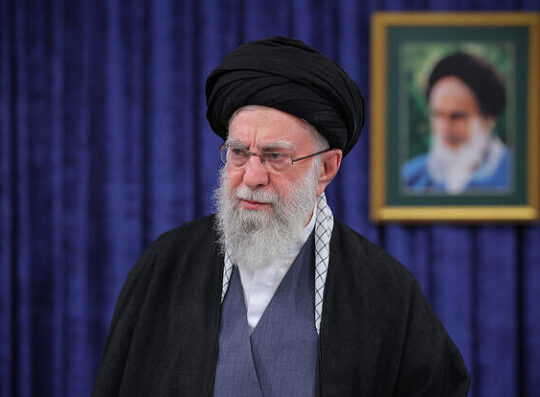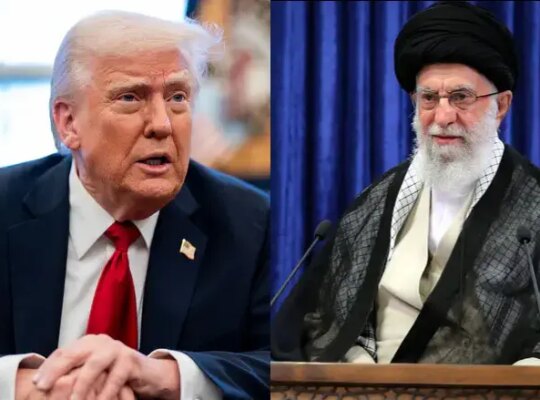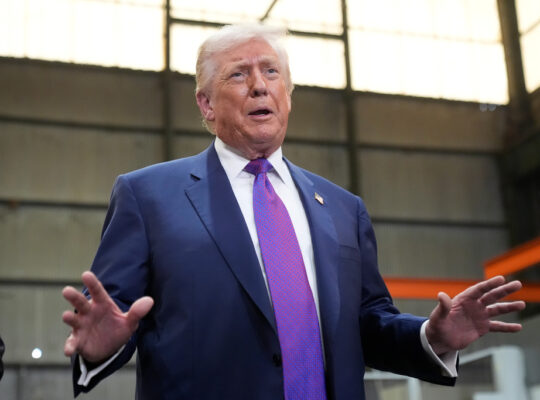As the Chareidi draft law crisis continues to be dragged along, a clear message was sent to Prime Minister Binyamin Netanyahu in the Yated Ne’eman on Wednesday morning for his failure to fulfill his coalition promise to the Chareidi parties.
The editorial, entitled “Lessons From The Past,” compares Netanyahu to British Prime Minister Winston Churchill.
The writer stated, “Winston Churchill was the Prime Minister of Britain during World War II. He was a distinguished statesman, a revered politician, and a brilliant commander who led Britain to victory in the war against the cruel enemy that threatened his country and the world. He began his path to the heights of glory serving his country overseas and continued with many political activities. With his great wisdom and diplomatic talent and determination, he forged an international alliance that brought an end to the bloody war that threatened all the citizens of the world and the Jews in the Diaspora in particular.
“There is broad consensus among all those familiar with the course of events regarding Churchill’s decisive role in ending the war and defeating the Nazi monster. It began with his opposition to the Munich Agreement signed between Hitler and the heads of government of Britain, France, and Italy, an agreement he saw as dangerous and described as a ‘disgrace.’ Following speeches and messages in which he appealed to the American people, understandings between him and then-US President Roosevelt, whom he managed to enlist in the war alongside the then Soviet Union, were strengthened.
“Besides being a brilliant and gifted statesman, there was another part to Churchill’s activities in those days: he was a leader. Many, many citizens of Britain testified that what kept them going during those bitter days that the British nation went through was the man’s leadership. His famous speeches were laced with key phrases that still serve as a symbol and inspiration to many leaders today.
“And now to politics:
“It was reasonable to think, and with much justification, that at the end of the war, Churchill’s place as head of the government was undoubtedly guaranteed; anyone daring to compete against him would be a fool. But that was not the case. With the end of the war, when the British people grew tired of wars and understood that a ‘time of peace’ was before them, the magic faded.
“The tired and exhausted British public expected a leader who would create change—mainly in the areas of health, education, welfare, and employment—in internal rehabilitation. But Churchill, who had become a war hero and was drunk with victory, did not have his finger on the pulse of his people and did not recognize the change. He underestimated the intensity of the agitation and made empty promises about changes. He did not listen to the needs of the exhausted people, and instead of making changes at home, he sold them victory speeches. Thirsting for glory, he invested his best time and rare talents in foreign relations and even later received the title of honorary citizen from the United States.
“It soon became clear that brilliant and talented performance at times of war, as good as it may be, was not enough to define him as a ‘leader.’ Indeed, some of the people thought that Churchill was the right person at the time of the war, but even they understood that he was not necessarily the right leader for the period after it.
“At the same time, his political rival—the Labour Party—quietly built a governmental alternative. And while the British commander and prime minister neglected the needs of his country and his electorate in his concern for a ‘safer world’ and for creating new alliances across the globe, the beloved and revered Churchill was ousted from his seat by the people in favor of a representative of the then opposition party, Clement Attlee. In those days, another famous saying of Churchill’s spread: ‘An empty car arrived at 10 Downing Street and Clement Attlee stepped out of it.’ This was an attempt by the defeated Churchill to emphasize Attlee’s insignificance.
“It turned out that the false promises and the alienation from the needs of the people, including people who were his fans and supporters, had a heavy price. He was left with the witty saying but without the premiership. Although after a few years Churchill returned and was reappointed as prime minister, he never returned to his historical greatness in the eyes of the British people.”
(YWN Israel Desk—Jerusalem)












